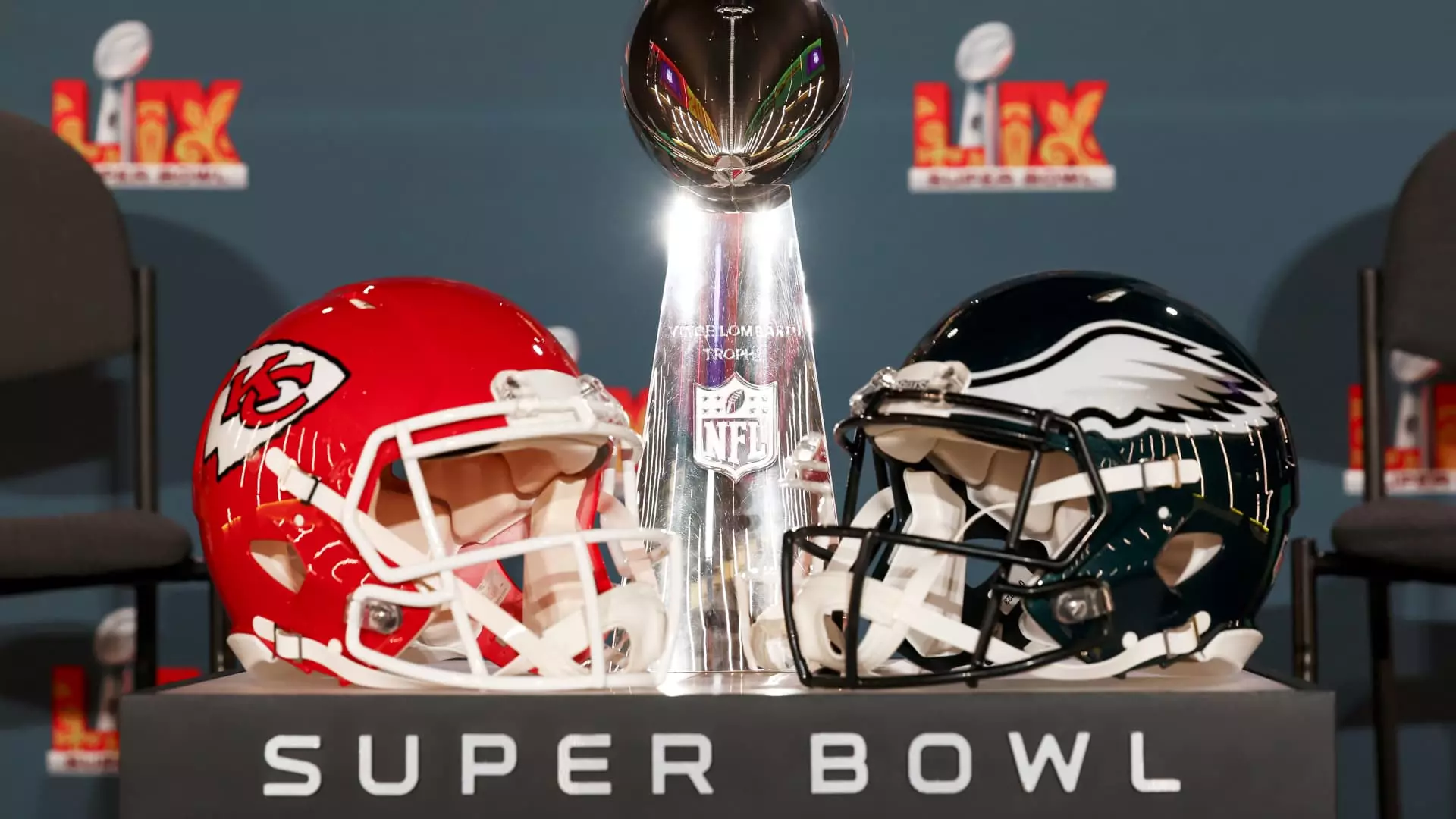The recent crackdown by the NFL on ticket reselling violations reveals a troubling inconsistency in the league’s stance on ethics and professionalism. While the NFL publicly prides itself as an organization committed to integrity and fair play, its own players and staff appear to undermine that reputation through seemingly petty profiteering from Super Bowl tickets. Fineings of over 100 players and two dozen employees underscore a system struggling to enforce its policies effectively. This hypocrisy raises serious questions about the league’s true priorities—are they more concerned with fan experience or protecting lucrative insider benefits? The NFL’s actions, while necessary, seem more like reactive damage control rather than proactive moral leadership. There’s an uncomfortable perception that those within the NFL’s inner circle can exploit their positions for personal financial gain and escape meaningful consequences—a classic case of rules being bent to serve the powerful.
The Impact on Fan Trust and League Credibility
Resale scandals significantly tarnish the NFL’s image, especially when it involves high-profile events like the Super Bowl. Fans expect transparency, fairness, and a level playing field—not a dirty game of insider trading and profit-mongering. When players and employees sell tickets at inflated prices, passive fans who can’t afford premium prices are compelled to pay exorbitant amounts through secondary markets. It’s a betrayal of the league’s core promise: fostering a community that values loyalty and fairness above greed. The NFL’s move to fine violators and retract future tickets access is a step in the right direction, but it hardly addresses the die-hard fans’ erosion of faith. If the league is serious about renewing trust, it must overhaul its culture to discourage greed and ensure strict enforcement of ethical standards across all levels.
Are Toughened Penalties Enough?
While the NFL’s decision to increase fines and enforce heavier punishments for future violations indicates an attempt at course correction, it falls short of addressing systemic issues. Fining players 1.5 times the ticket’s face value and employees twice that amount is unlikely to deter repeat offenders who view these fines as mere cost of doing business. What’s needed is a fundamental shift—a tone-setting move that discourages any insider advantage from the start. Moreover, banning personnel from future ticket purchases might simply be a temporary measure if the underlying motivation—profit and personal gain—remains unaddressed. The NFL’s focus should extend beyond penalties; it must cultivate a culture of integrity, where loyalty to fans and fair play outweighs short-term financial gains. Anything less risks further erosion of its once-commendable reputation.
Broader Implications for the League’s Future
This scandal, seemingly minor on the surface, exposes vulnerabilities in the league’s governance and oversight. For a league that generates billions annually and is deeply intertwined with national culture, any image of corruption or misconduct around core events like the Super Bowl is damaging. It threatens to alienate not just loyal fans but also corporate partners who seek a transparent and trustworthy platform. A league that fails to hold its insiders accountable risks sowing cynicism among its stakeholders, weakening its long-term viability. If the NFL aspires to uphold its stature, it must confront its internal ethics head-on—imposing consistent, transparent repercussions that serve as a clear warning to future offenders. Anything less signals a league more interested in profits than principled leadership.


Leave a Reply